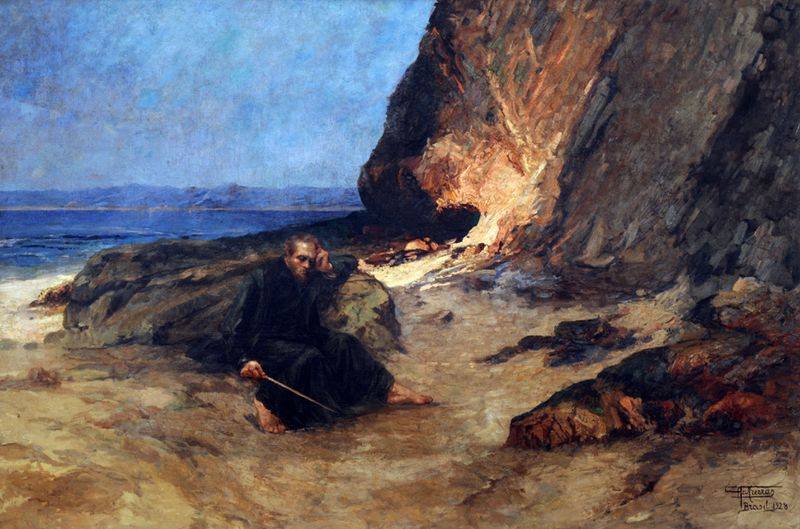|
Tupinambá Indians
Tupinambá may refer to: *Tupinambá people The Tupinambá are one of the various Tupi ethnic groups that inhabited present-day Brazil since before the conquest of the region by Portuguese colonial settlers. In the first years of contact with the Portuguese, the Tupinambás lived in the wh ... * Tupinambá language {{dab Language and nationality disambiguation pages ... [...More Info...] [...Related Items...] OR: [Wikipedia] [Google] [Baidu] |
Tupinambá People
The Tupinambá are one of the various Tupi ethnic groups that inhabited present-day Brazil since before the conquest of the region by Portuguese colonial settlers. In the first years of contact with the Portuguese, the Tupinambás lived in the whole Eastern coast of Brazil, and the name was also applied to other Tupi-speaking groups such as the Tupiniquim, Potiguara, Tupinambá, Temiminó, Caeté, Tabajara, Tamoio, and Tupinaé, among others. In an exclusive sense, it can be applied to the Tupinambá peoples who once inhabited the right shore of the São Francisco river in the Recôncavo Baiano and from the Cabo de São Tomé in Rio de Janeiro to the town of São Sebastião in São Paulo. Their language survives today in the form of Nheengatu. History Hundreds of years before the arrival of the Portuguese, the Tupinambá are said to have migrated from the South coast of Brazil to the Northern coast for the sake of better hunting and agricultural opportunities. From here ... [...More Info...] [...Related Items...] OR: [Wikipedia] [Google] [Baidu] |
Tupinambá Language
Old Tupi, Ancient Tupi or Classical Tupi (also spelled as Tupí) is an extinct Tupian language which was spoken by the aboriginal Tupi people of Brazil, mostly those who inhabited coastal regions in South and Southeast Brazil. It belongs to the Tupi–Guarani language family, and has a written history spanning the 16th, 17th, and early 18th centuries. In the early colonial period, Tupi was used as a ''lingua franca'' throughout Brazil by Europeans and aboriginal Americans, and had literary usage, but it was later suppressed almost to extinction. Today, only one modern descendant is living, the Nheengatu language. The names Old Tupi or classical Tupi are used for the language in English and by modern scholars (it is referred to as in Portuguese), but native speakers called it variously "the good language", "common language", "human language", in Old Tupi, or, in Portuguese, "general language", "Amazonian general language", "Brazilian language". History Old Tupi was firs ... [...More Info...] [...Related Items...] OR: [Wikipedia] [Google] [Baidu] |

